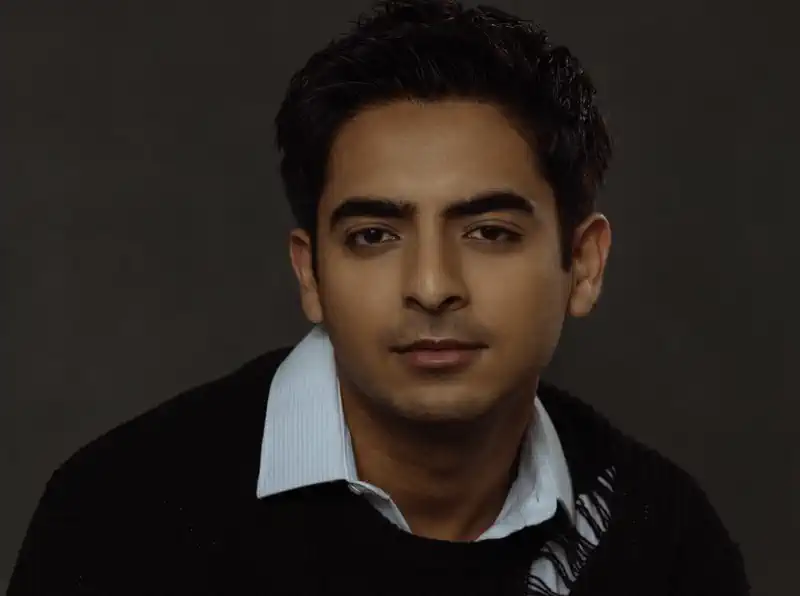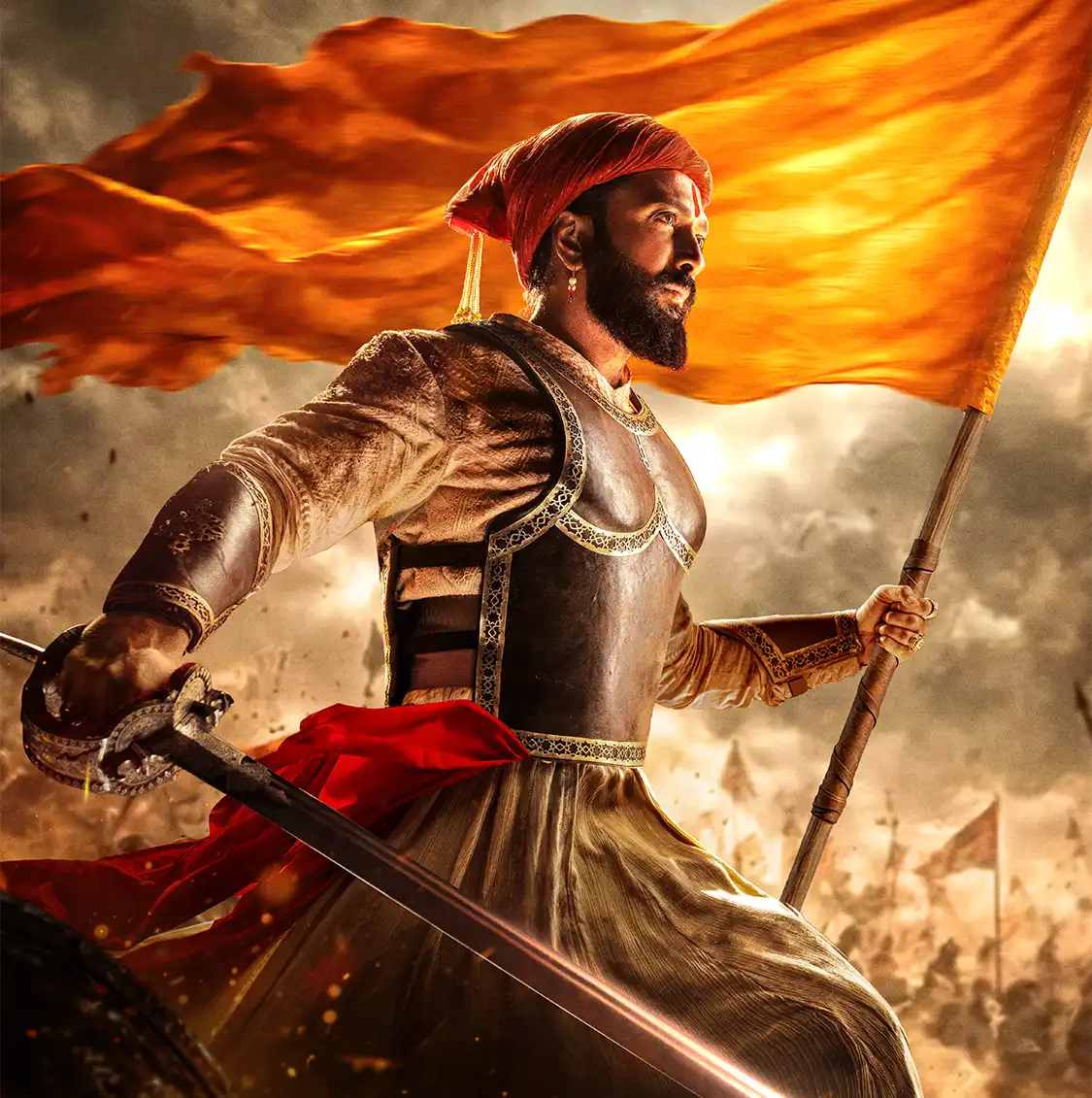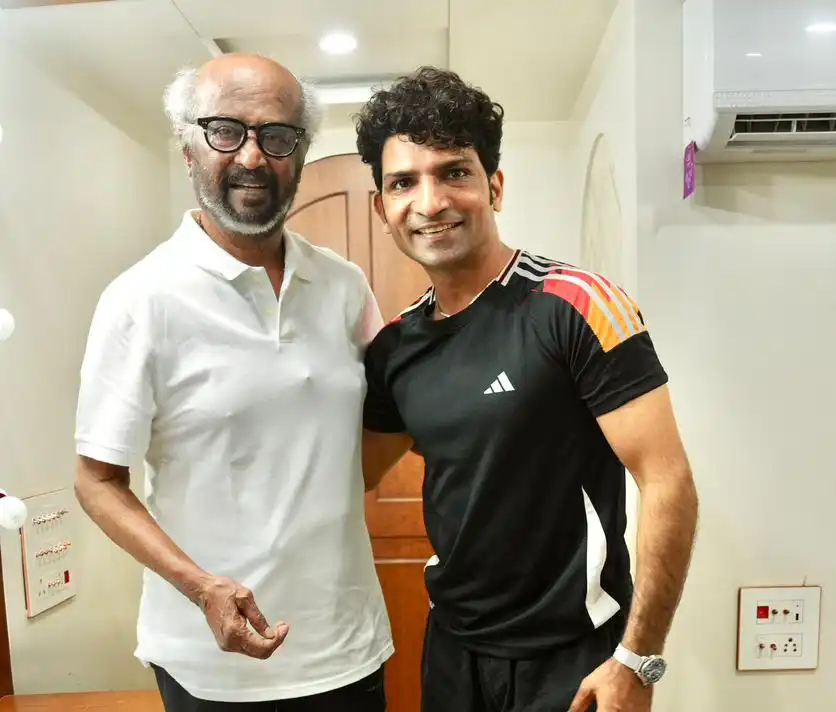Rushan Jesani’s love for storytelling began in his childhood. He would spend hours cycling to a DVD shop to buy films, watch them all day, and then regale his friends with imaginative tales. While he wasn’t academically inclined, he found his voice through the stories he told. “I wasn’t much into studying but was always active and sporty,” he reminisces. Jesani was influenced by both Indian films and American cinema, and as he grew older, life’s challenges helped him craft more nuanced and layered stories.
His short film Khadda is talks about societal expectations, privilege and self-discovery. Through the story of a wealthy football player striving to prove his merit, Jesani reflects on his own experiences growing up with expectations placed on him, and how he learned to challenge those assumptions.

Personal Inspiration Behind Khadda
Rushan explains that Khadda was born from his personal experiences. “Growing up, I was often told that I would eventually take over my father’s business, and because of that, I wouldn’t need to work hard for my future,” he says. This notion of inheriting success without effort undermined his confidence. The film became his way of challenging that mindset, a project through which he sought to test his own abilities and see how far he could push his vision.
It’s hard to make people empathize with someone who seemingly has everything
Creating the Wealthy Football Player
The character of the wealthy football player was central to the film’s message, and Jesani faced the challenge of making this privileged character relatable. “It’s hard to make people empathize with someone who seemingly has everything,” Rushan admits. However, the character’s drive to achieve success through his own efforts rather than relying on his family’s wealth resonated with the filmmaker. “He wants to make a name for himself,” Jesani explains, highlighting the parallel between the character’s journey and his own desire to step out of his family’s shadow and create his own identity.
Overcoming Bias and Societal Expectations
Khadda tackles bias head-on, especially societal expectations that come with privilege. Rushan’s personal experiences of being stereotyped played a role in shaping the film’s message. “In sports, especially soccer, every player is crucial because the team wins and loses together,” he explains. The film blends the protagonist’s personal journey with the team dynamic, emphasizing the importance of hard work and trust.

The Crew’s Contribution to Authenticity
Jesani’s personal connection to the story helped him build a strong bond with his crew, all of whom related to the central theme of working hard to achieve success. “Prince Ty, the production and costume designer, and Abhinay Pandit, the cinematographer, among others, got to where they are today through sheer hard work and dedication,” Rushan shares. This shared understanding brought authenticity to the film, as the entire team worked toward a unified vision.
The Audience’s Takeaway
While Rushan cannot predict how audiences will react to Khadda, he hopes that viewers will resonate with the film’s message about self-belief and hard work. “Regardless of where you come from, having a clear vision and believing in yourself is what truly matters,” he says. Jesani wants the audience to walk away with the idea that wealth and privilege do not define one’s success; instead, it is the effort and determination that matter most.

Challenges of Filming Khadda
The filming process was not without its difficulties. With only three days to shoot on a soccer field and limited time to catch the perfect light, the production faced a race against time. “The permit issue we faced at the last minute added to the stress,” Rushan recalls. The pressure was immense, and he had to make tough decisions, such as cutting scenes to meet the deadline. Despite the challenges, Jesani’s determination paid off, and the final day of shooting felt like a victory. “It felt like we’d won a game ourselves,” he reflects.
For now, Khadda is a standalone film, but Jesani has plans to explore the character further. A feature-length version is something he envisions, allowing him to delve deeper into the protagonist’s mindset and personal struggles.







